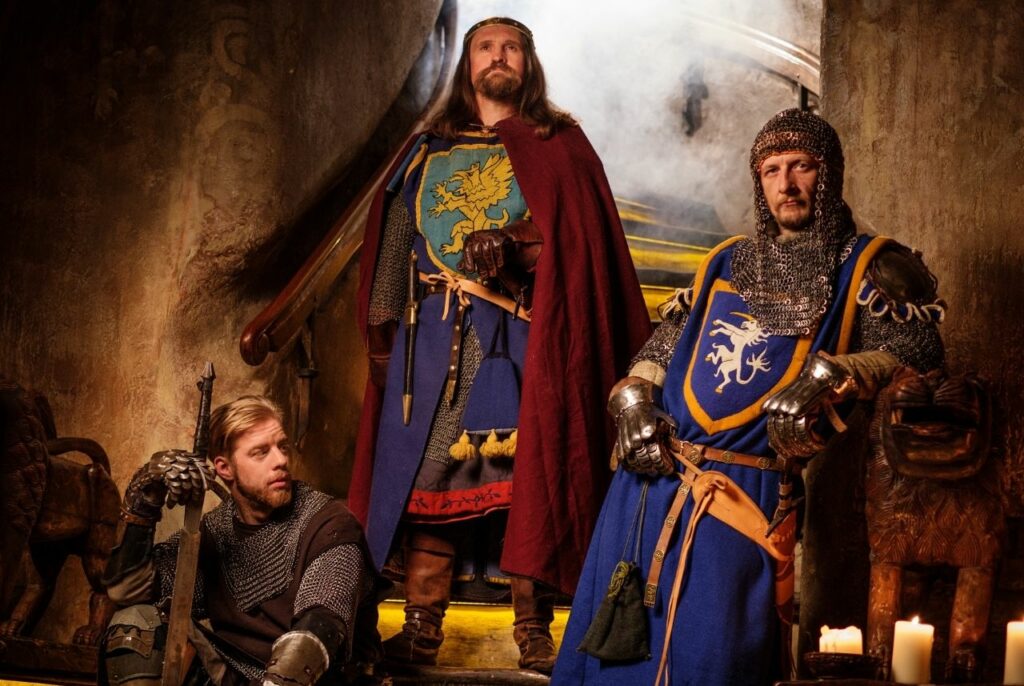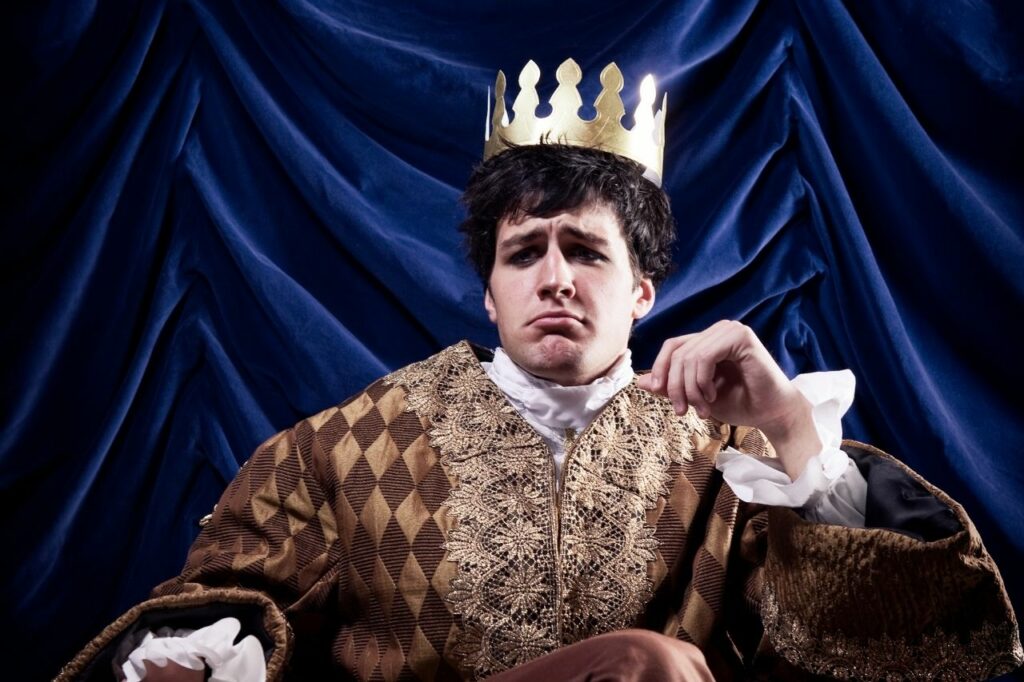The value of noble titles such as these is intangible. In addition to the stunning medieval-style certificates, you’ll also receive your own personal coat of arms and the full right to use it however you choose. Every title of nobility also carries with it the story of a family. Select the name that sounds the best to you. Every one of our titles comes with a digital coat of arms that you are free to use however you’d like. Incorporate your own family’s coat of arms, for instance, or add other personal touches to the final version.
Our Titles

We offer German titles of nobility
The value of noble titles such as these is intangible. In addition to the stunning medieval-style certificates, you’ll also receive your own personal coat of arms and the full right to use it however you choose. Every title of nobility also carries with it the story of a family. Select the name that sounds the best to you. Every one of our titles comes with a digital coat of arms that you are free to use however you’d like. Incorporate your own family’s coat of arms, for instance, or add other personal touches to the final version.
Become a duke, baron, or even an earl – we make it possible for you to acquire a German title of nobility.

We have acquired the rights to the names of noble families in which there are no longer any living members; this is how we are able to help when you contact us with a desire to purchase a title of nobility or to use a noble name. As we possess the rights to these names, we are the ones who can allow you to use them. But you don’t have to pester us about it – if you’d like to purchase a noble title, just place your order.
What our utterly original business idea means is that you can also easily give the title of earl, duke or baron as a gift – whether for a loved one or simply for yourself. We have a wide variety of German titles for you to choose from. When a person of noble birth in Germany dies without any immediate descendants, their title “hibernates” until someone claims it. These German titles of nobility can be used anywhere and in any form.
What will I get along with the German title of nobility?

As a symbol of your acceptance as a duke, baron, or earl, you will receive a certificate confirming your appointment. This certificate has been designed to resemble an original version from the 12th century and is virtually authentic in terms of material and wording. Your name will be incorporated into the document, and our coat of arms is also present on the certificate as the authority granting the title.
Every certificate is personally signed and stamped. You should order any additional certificates for your partner or children along with your own. You will also receive your coat of arms as a high-resolution digital image for ease of use. Upon request, we can also send you the coat of arms as a vector graphic (free of cost, of course). We will deliver your certificate(s) in a stunning presentation portfolio, accompanied by our “My Noble Title” brochure. All in all, it’s a lovely package deal – not mention the perfect gift.
European nobility titles
The Role of European Nobility Throughout History
The concept of European nobility is deeply rooted in the feudal system which originated during the middle ages. Under this system, the noble class swore an oath to protect the sovereign from harm in exchange for a plot of land, which was usually shared land with medieval farmers indebted to the ruling lord. At the onset of what’s known as the Military Revolution, many nobles were deposed in favor of national armies, which overtook the protection duties of private armies usually commanded by knights.
Changes in the Military Decreased the Role of the Knights
Along with this loss of military influence came a decrease in the social standing of many possessing nobility titles. This decrease occurred on multiple levels, most notability due to a lack of economic authority. The reasons for this dwindling authority were compounded by the gains made by merchant classes during the Renaissance, who assumed much of the economic power through to the Industrial Revolution.
Political Influence Continued Into the 19th Century
While the middle-class enjoyed an increase in influence due to its economic power, nobles retained some importance when it came to socio-political matters. Using the United Kingdom as an example, high-born nobles played an active role in governmental affairs up to the middle of the 19th century. This influence has been on the decline ever since, with nobles enjoying less and less status due to legislation aimed at curbing their influence.
Nobles vs. General Population
Some countries contained a higher percentage of nobility than others. The Polish-Lithuanian Commonwealth featured a whopping 15% of nobles during the 18th century, while the Castile region of Spain boasted 10% noble births when compared to the general population. Other countries contained a less robust collection, such as Russia, which counted approximately 3% of the total population as nobles. Pre-revolutionary France also contained a relatively low percentage, with just 1% of the population, while Sweden counted only .5% of its population as nobles in 1718.
Defending Territories Led to New Opportunities
Warfare was common in the heyday of the noble class, and this warfare usually centered on impeding ethnic outsiders from invading one’s land. This was especially true on the western and eastern frontiers of Europe, where marauding warriors would sometimes make their stands against the noble classes. This introduced a new class of noblemen as more and more men were called up to defend these terroritories. These same men also gained wealth in the form of the many spoils of war collected during their battles. During the 18th century, of the 190 million Europeans, approximately 4 million were nobles.
